Interview: A Conversation With Composer Sheila Silver
![]() On Thursday, February 8, 2018 at 7:30pm, the Music Department of Stony Brook University will host a celebration of the music of composer Sheila Silver at the Kaufman Center's Merkin Concert Hall in New York City. This retrospective concert will feature Ms. Silver's lifelong collaborators alongside Stony Brook faculty, students and noted alumni in works written over the past 25 years, including arias, songs, instrumental chamber and multi-media works.
On Thursday, February 8, 2018 at 7:30pm, the Music Department of Stony Brook University will host a celebration of the music of composer Sheila Silver at the Kaufman Center's Merkin Concert Hall in New York City. This retrospective concert will feature Ms. Silver's lifelong collaborators alongside Stony Brook faculty, students and noted alumni in works written over the past 25 years, including arias, songs, instrumental chamber and multi-media works.
Sheila Silver, a member of the Stony Brook University Music Department Faculty since 1979, is a recipient of the Rome Prize, the Prix de Paris, the Guggenheim Fellowship and the Sackler Prize in Music Composition.
BWW had the opportunity to sit down with Ms. Silver to discuss her career and influences on her compositional style.
BWW: When did you start composing - and what or who were your early passions and influences?
SS: While I started piano at the age of 5, I did not start composing until late in college. It never seemed within the realm of possibility for me to be a composer. In the world in which I grew up, women were performers or musicologists, they were not composers. It was just the Zeitgeist I grew up with in Seattle Washington in the 50's and 60's.
BWW: What do you personally consider to be incisive moments in your work and/or career?
SS: There are so many. Every piece and every opera and every prize and even every commission in some way has been decisive. But some things do stand out: The day I decided to study composition, in spite of having been discouraged earlier in my life; winning the Prix de Paris from UC Berkeley which sent me off to Europe to study composition, a mere beginner. Going to Tanglewood as a student and realizing what it meant to be a professional composer. That summer I stopped saying "I'm studying composition." That summer I became a composer.
I always wanted to be a an opera composer and was thinking up ideas for opera while I was still in graduate school. Since an opera takes so long, committing to a "story" is always decisive. Deciding to go to India to study Hindustani music in order to bring a unique and authentic color to A Thousand Splendid Suns has been one of the most important life experiences - studying Hindustani music has influenced both my melodic sense and my harmonic rhythm - profoundly.
I've had a lot of "periods". I have written several works inspired by the traditions of Jewish nigunim, like my Shirat Sarah for string orchestra. I have written pieces inspired by political ideas, like To the Spirit Unconquered and Twilight's Last Gleaming, and I have written pieces inspired by nature and/or literature, like the Six Preludes on Poems of Baudelaire. Almost all of my music comes from a spiritual place that connects to some aspect of my life. My first opera, The Thief of Love, written in the 80's when I was in search of a partner, was a romantic comedy about a princess who was very smart but could not find a man smart enough for her - it was not just about me but all of my single women friends set in a mythical kingdom in a mythical time in India!
I would also say that there were key performers who I met who influenced me and Gilbert Kalish is certainly one of them. I've written more pieces for him than anyone else: Cello Sonata (1988), Six Piano Preludes(1991), Twilight's Last Gleaming(2008), On Loving(2013-14), and Nocturne(2015). Most of the performers on this program are and have been, significant collaborators.
BWW: What brought you to Stony Brook - and why did you choose to spend your entire career here?
SS: I was hired by Stony Brook in 1978, at the same time I was awarded the Rome Prize. I had a great year in Rome, knowing I had a new life to come home to when it was over. Stony Brook was obviously a good fit and I have been very happy. I've had amazing students and colleagues - I've never felt that I didn't have enough time to compose and it has been a musical community which has sustained and nourished me over the past 35+ years - and a community which I take pride in having helped create.
BWW: How did you choose the works for this concert?
SS: I wanted to include some of what I think are my most important works, written throughout my career, and also works that can appeal to both a "contemporary music audience" and a "general" audience.
My piano trio, To the Spirit Unconquered, is probably my most performed chamber work - inspired by the writings of Primo Levi, it is about the ability of the human spirit to transcend the most difficult of circumstances. The other "big" chamber piece on the program is Twilight's Last Gleaming for two pianos and percussion. I wanted it to be on this program because politically it is more relevant now than ever and also because it was written for Gil and Tina and Eduardo and I've always thought that the work deserves an entire half of a program to itself - which it is almost getting.
Once I had the outer two big works, I selected songs and arias to put in between - this was more difficult because there were so many I would have liked to include - but I wanted Dawn and Risa and Lucy to all sing on the concert and so I selected music that they sing.
I selected Subway Sunset because collaborating with my husband, filmmaker John Feldman, has been an important part of my life and I have also written several works for Gili. The MusicVisions were fun to write because John and I conceived music and image together - it was not an issue of music or image coming first, but of collaborating from the beginning of conception. Subway Sunset is simple and even sentimental, but that is a side of me too.
Piano is in every single one of these works. It just worked out that way but also, composing for piano is central to my life's work. I just wrote a new piano piece for Tina, but there was no room on the program to include it.
BWW: How do you want to define your legacy?
SS: I don't want to define my legacy. That's for others to do. I want to just keep writing music. I have several new projects coming up including a new work for horn, Tibetan bowls, and string orchestra being composed for my friend and colleague Ann Ellsworth, as well as orchestrating and completing A Thousand Splendid Suns and writing another opera.
BWW: Thank you for your time today.
"The Music of Sheila Silver: A Celebration" will be held on February 8th, 2018 at the Kaufman Center's Merkin Concert Hall, 129 West 67th Street between Broadway and Amsterdam Avenues. For more information and tickets, please visit http://www.kaufmanmusiccenter.org/mch/event/the-music-of-sheila-silver-a-retrospective/ or call (212) 501-3330.
Comments
.png)
|
.png)
|
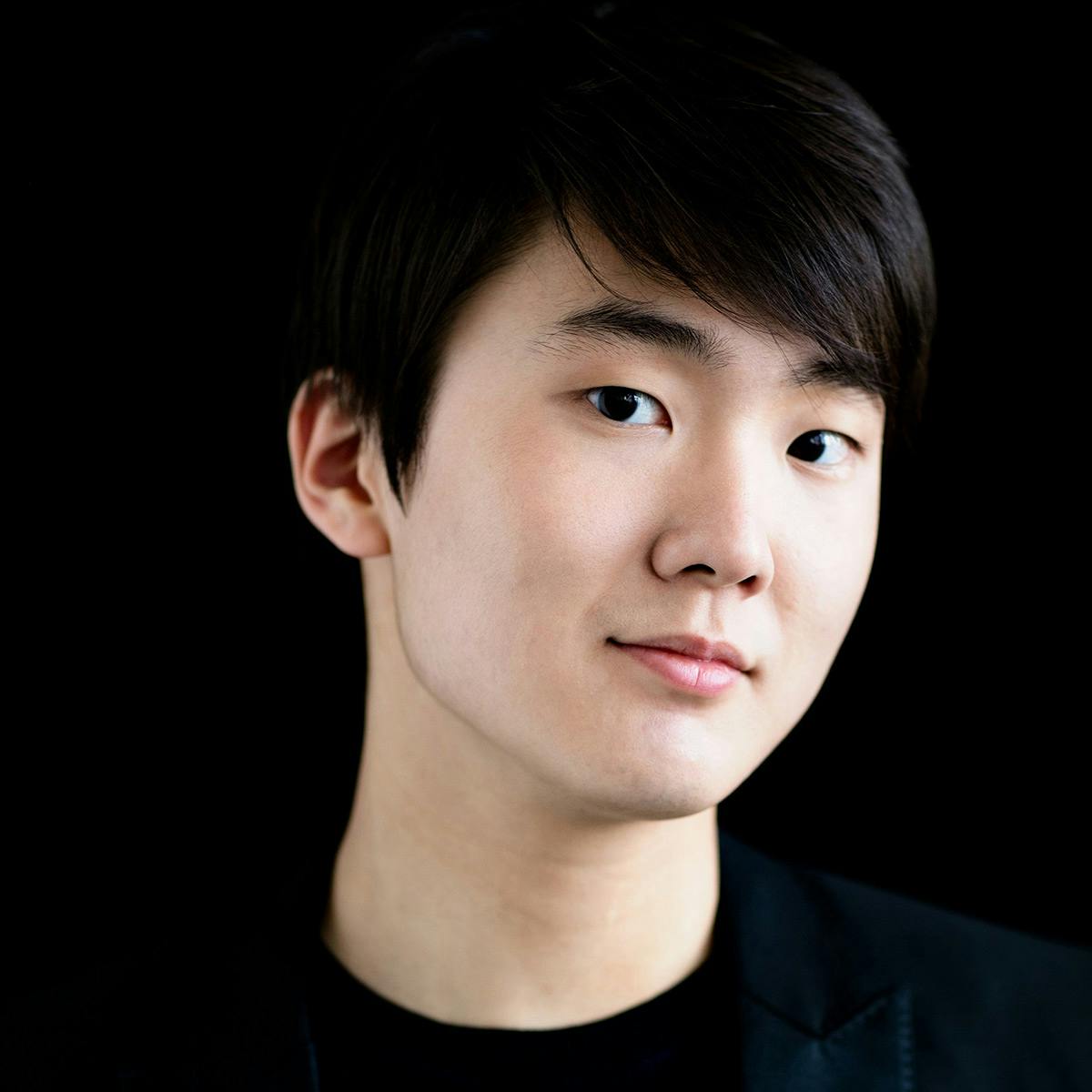 |
Seong-Jin Cho Carnegie Hall (5/17-5/17) |
|
 |
Decoda Carnegie Hall (5/14-5/14) |
|
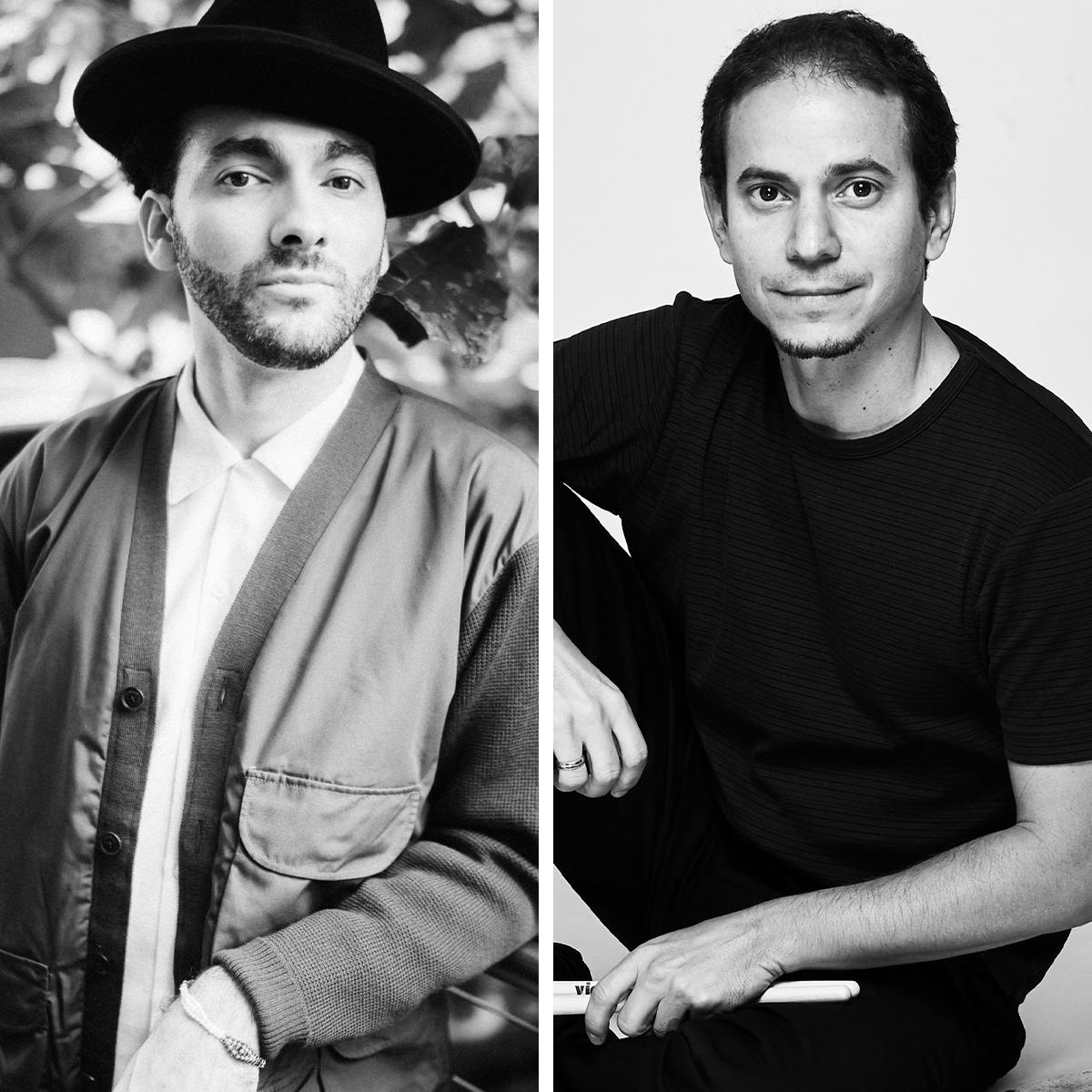 |
David Virelles Nosotros Ensemble featuring Dafnis Prieto Carnegie Hall (5/21-5/21) |
|
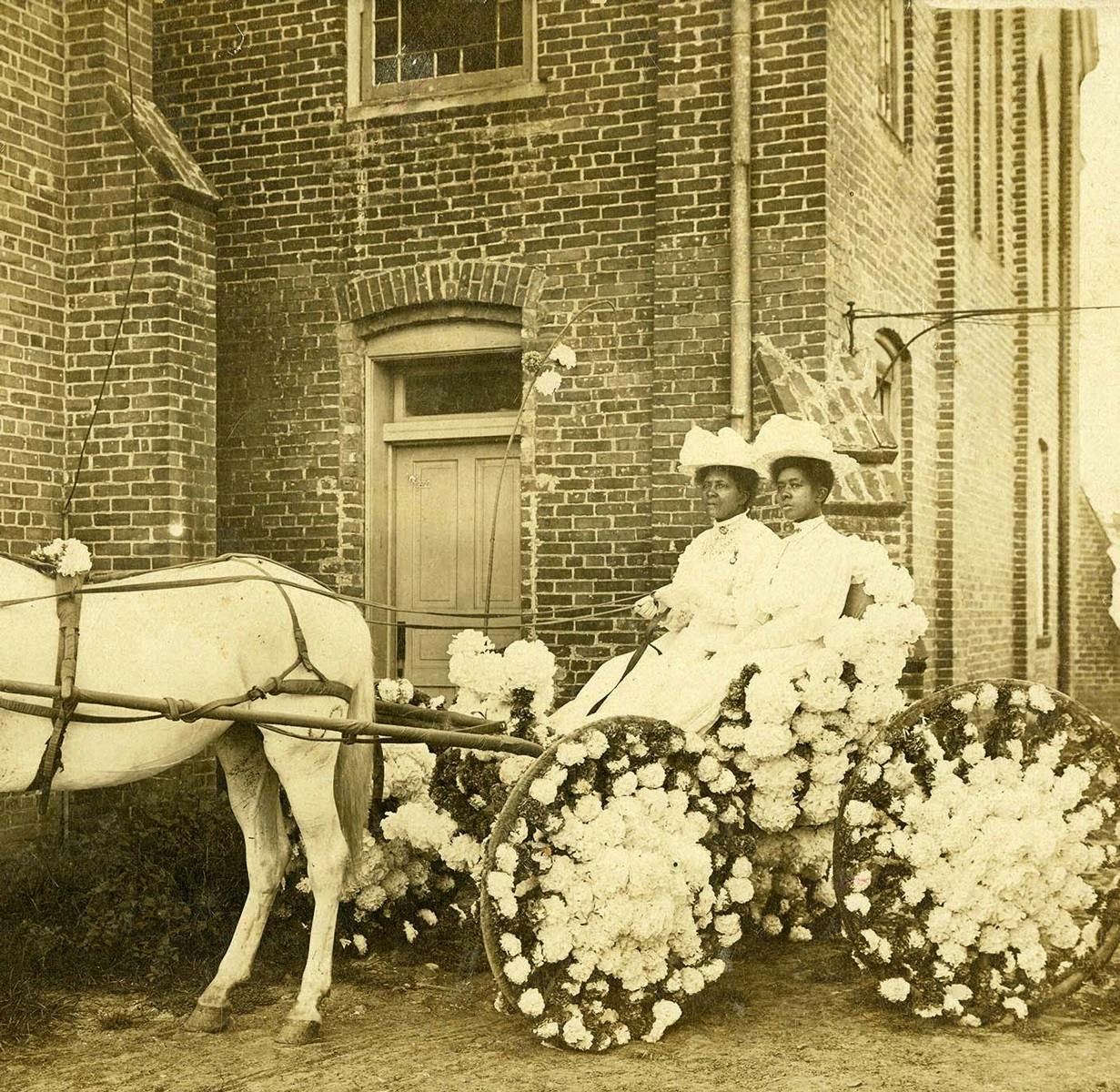 |
Juneteenth Celebration Carnegie Hall (6/19-6/19) |
|
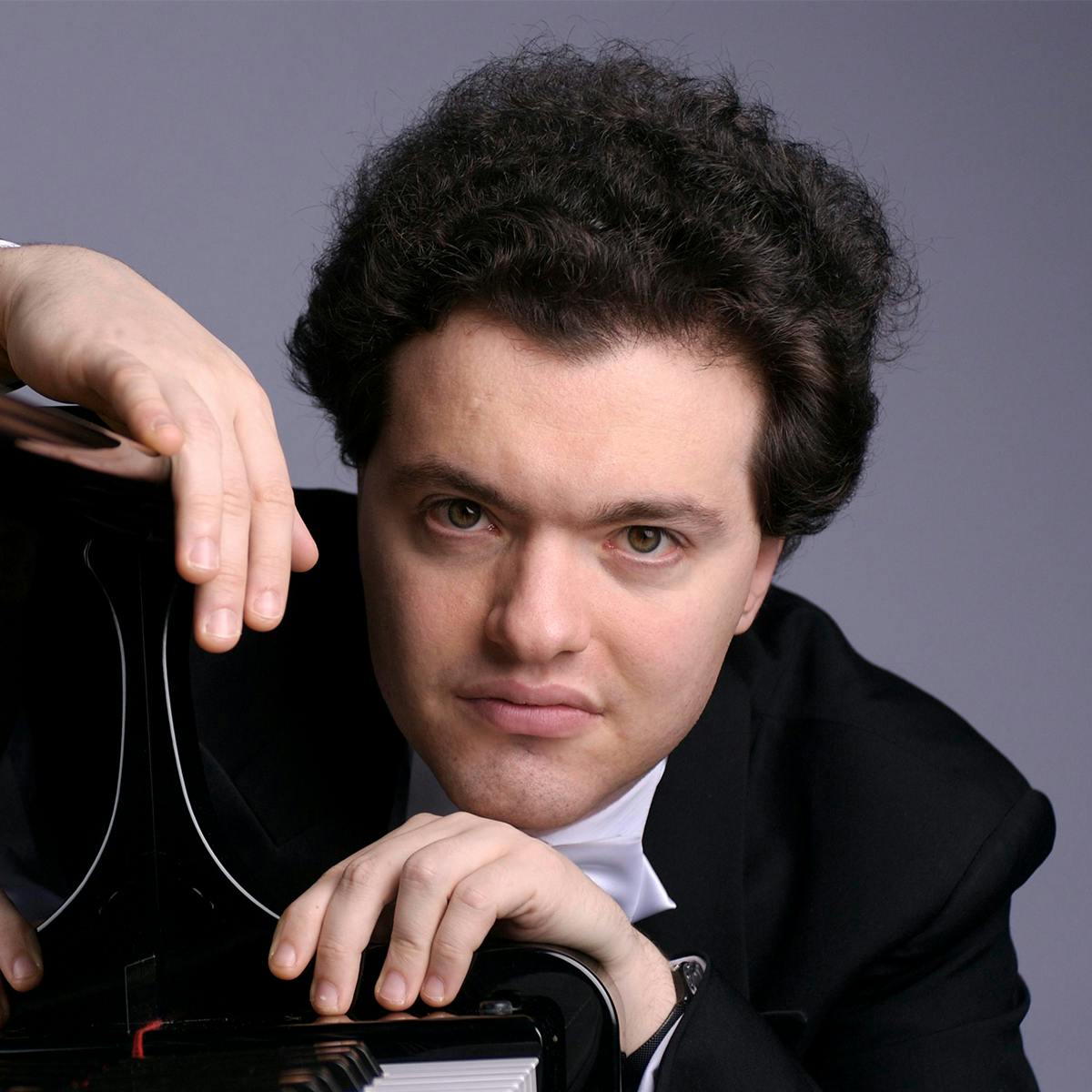 |
Evgeny Kissin Carnegie Hall (5/24-5/24) |
|
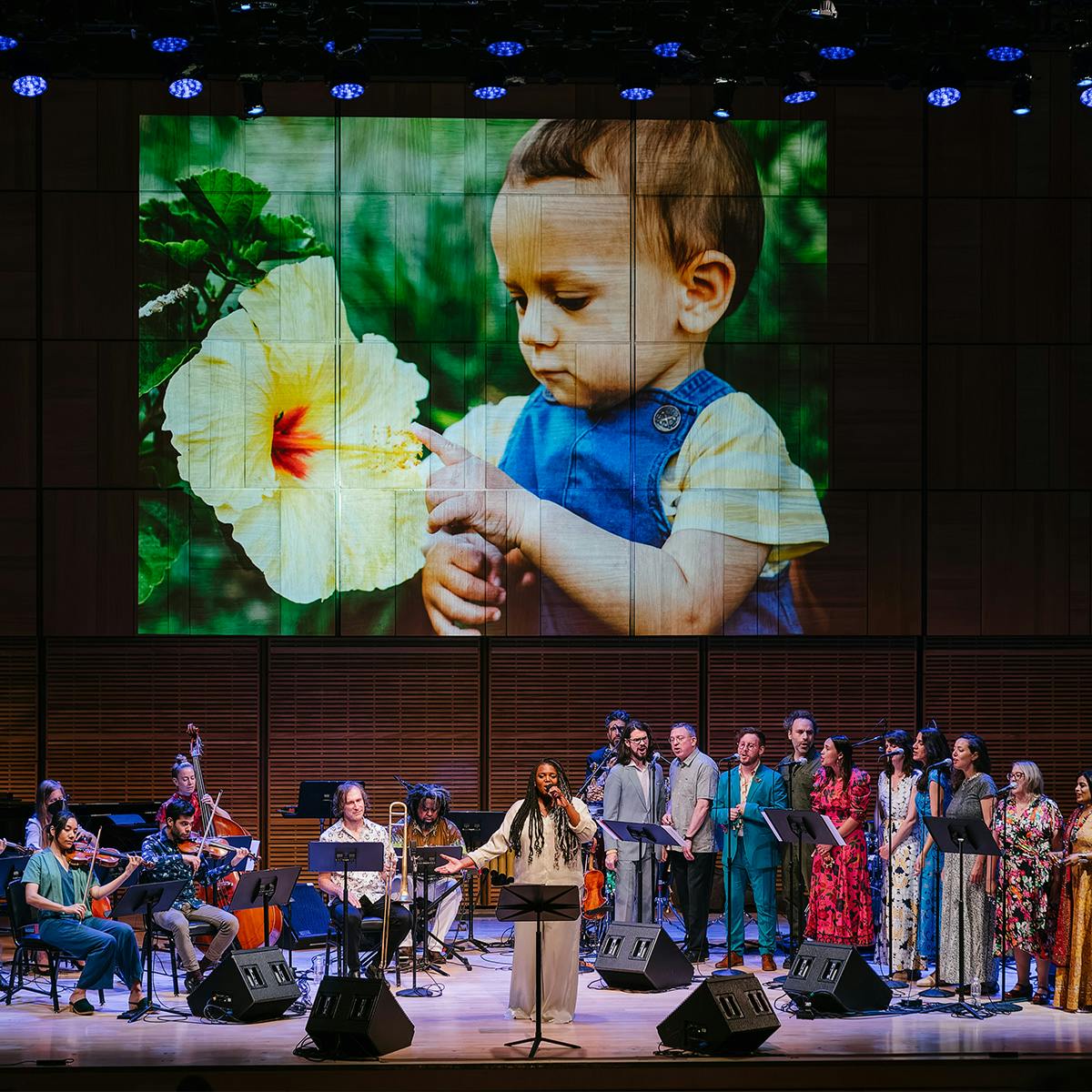 |
Lullaby Project Celebration Concert Carnegie Hall (6/01-6/01) |
|
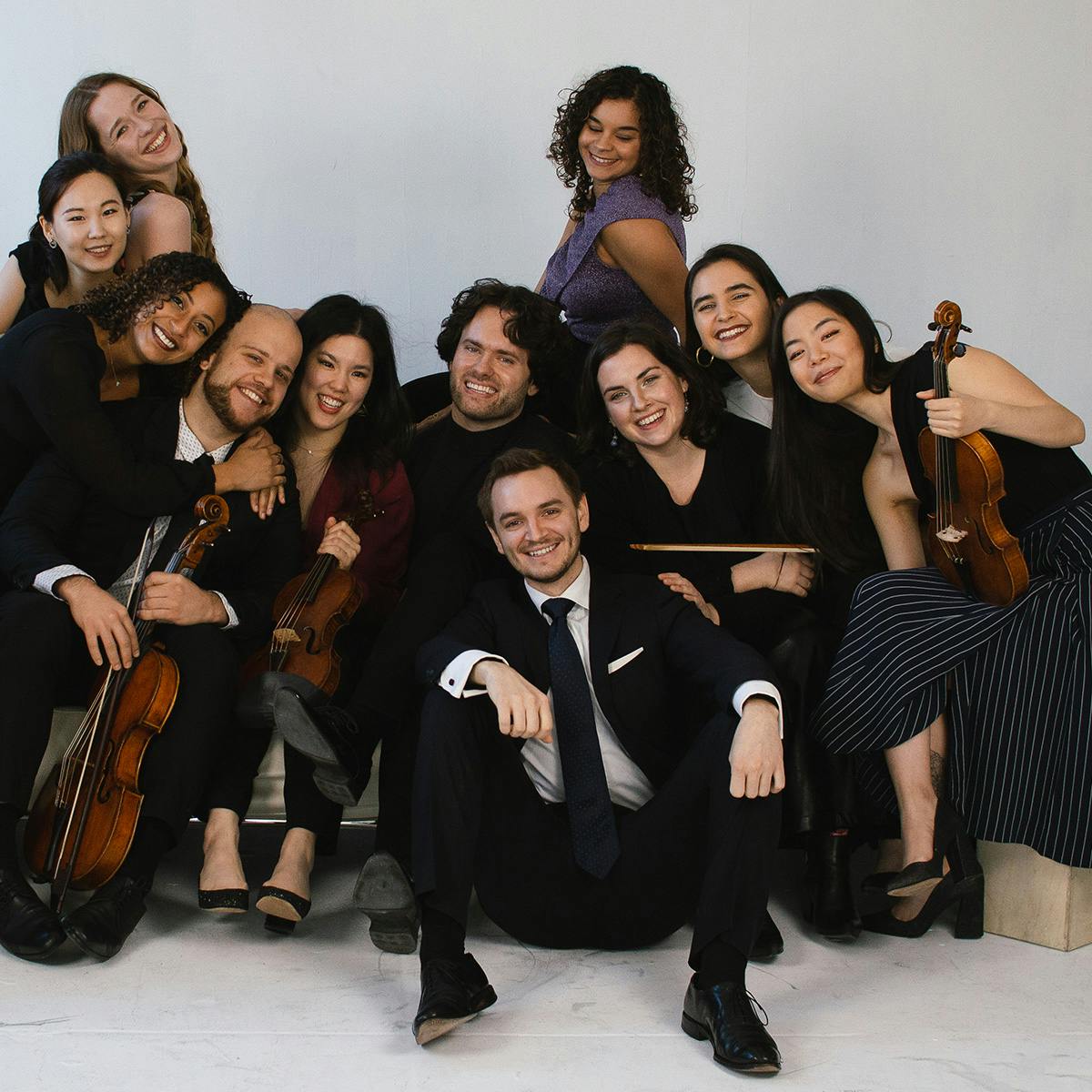 |
Twelfth Night Carnegie Hall (5/23-5/23) |
|
| VIEW ALL SHOWS ADD A SHOW | ||
Videos


